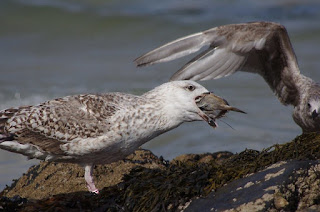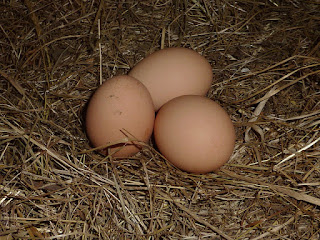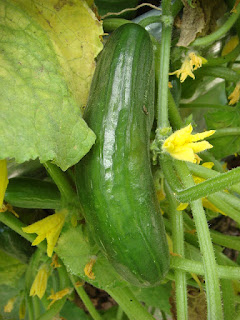The phrase “and all that jazz” means “and other similar things.” This idiom originated in the early 20th century. [1]
Examples of use:
“Being a parent can be so incredibly expensive - you’ve got food to buy, new clothes to purchase, not to mention an abundance of nappies, baby wipes and all that jazz.”
“It’s the kind of house Robin Hood would have lived in had he not felt the need to dodge his council tax obligations as a result of him being a bandit and all that jazz.”
“Thought waterproof speakers were a little... basic? Think again. This one boasts Amazon’s Alexa smart assistant, so you can use it to control your smart home appliances, change radio station, read you the news and all that jazz.”
The song “And All That Jazz” originally featured in the 1975 Musical “Chicago” and appears here in the 2002 film of the same name, based on the musical.
[1] “jazz” In Oxford Dictionary of English Idioms, edited by Ayto, John. Oxford University Press, 2009.




















